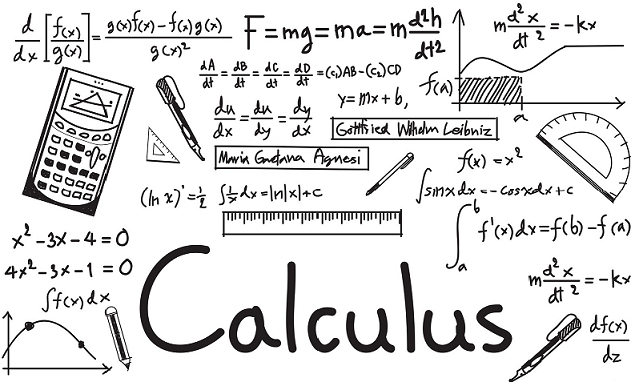Should You Take AP Calculus BC
March 29, 2023
Upon course selection, Juniors in Honors Pre-Calc & Calc A are asking themselves, “Should I take AP Calc BC next year?” Many students have the perception that AP Calculus will be a major step above their current Honors class. While this often holds true, it is not the case for many students.
OVERVIEW
AP Calculus BC is an advanced course that covers level A, B, and C calculus topics. Level A covers topics such as differentiation, B covers integration, and C extends on integration and covers more complex applications of calculus.
What to expect in AP Calculus BC?
At the beginning of the year, Calc BC is reviewed from precalculus and honors calc a. You can expect to take limits, differentiate functions, and do related rates problems. In fact, in the AP classroom syllabus, the college board deems units 1-5 as limits, continuity, and differentiation. The other 5 units in the course are new concepts. Calc A’s limits and differentiation are considered “A” topics in calculus, whereas Calc BC gets its name from the “B” and “C” subjects, including integration, divergence and convergence, and infinite series.
Difficulty
AP Calc BC is a continuation of Honors Calc A, so the concepts become more complicated. However, for many students, it is not more complicated. As Daniel Neymer, a student in Mr. Tinney’s (one of 3 Calc BC teachers at Abington) first-period class, puts it best, “It’s easier than Calc A because you already know the language, and Mr. Tinney teaches it very well.” For students comfortable with Precalculus and Calc A, AP Calc BC should not be an unbearable step forward.
Courseload
AP Calc BC is a very rigorous course with homework assigned almost every class, typically taking 40 minutes to an hour to complete. It is manageable, but procrastination is not recommended.
Peter Murray, a student of Mr. Tinney’s, says, “I think Mr. Tinney makes it one of the better courses.” Peter, who has taken many AP classes, says that in comparison to AP Physics 1, “Calc is more work than Physics but easier to understand.”
In an interview, Mr. Tinney also noted that the most difficult and novel aspect of the class in comparison to pre-calc is its “rigorous” pacing. He remarked that throughout the year, his biggest enemies are “the clock and the calendar.” This fast pace is a characteristic inherent to the AP curriculum, as teachers must prepare students for their exams in May. Nevertheless, he stresses that the class is still worth taking.
Value offered from the course
AP Calc BC teaches skills that are used by professionals such as engineers. Students looking to pursue a career in STEM could benefit from the concepts taught in AP Calculus.
Alongside its benefit to problem-solving and critical thinking, Calc BC provides students with the opportunity to earn college credit if they score above a three on the AP exam. Schools in Pennsylvania that require a 3 to get college credit include the following, and many more: Bucknell, Dickinson, Delaware Valley, Penn State Abington, and Temple. Taking the Calc BC exam is around $100, while a single college credit at a public university can be $456, and $1,200 at private universities.
Final thoughts
Iris Winegrad, in Mr. Fiorino’s class, says, “Calc this year is so much more applicable than last year. It is more difficult. You always feel like you’re behind, but that is the way things are with AP classes.”
If you are currently enrolled in Honors Pre-Calc & Calc A, should you take AP Calculus BC? Well, Mr. Tinney says that he highly recommends the class to those who were recommended by their teachers.
BC Students Outline Their Thoughts on the Course:
In the opinion of the writers, Calculus BC provides great value. For students concerned about grades and GPA, know that many tests are curved, and extra credit is offered for tests as well. Don’t let it scare you!


